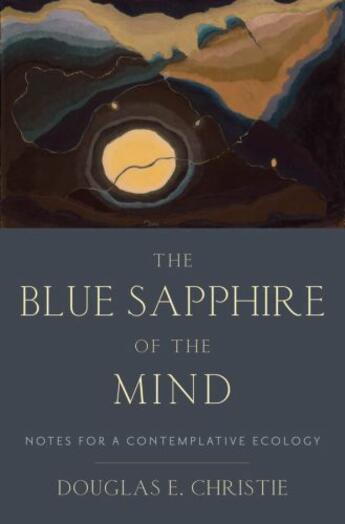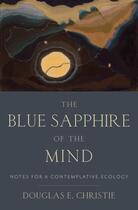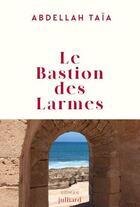Résumé:
"There are no unsacred places," the poet Wendell Berry has written. "There are only sacred places and desecrated places." What might it mean to behold the world with such depth and feeling that it is no longer possible to imagine it as something separate from ourselves, or to live without... Voir plus
"There are no unsacred places," the poet Wendell Berry has written. "There are only sacred places and desecrated places." What might it mean to behold the world with such depth and feeling that it is no longer possible to imagine it as something separate from ourselves, or to live without regard for its well-being? To understand the work of seeing things as an utterly involving moral and spiritual act? Such questions have long occupied the center of contemplative spiritual traditions. In The Blue Sapphire of the Mind, Douglas E. Christie proposes a distinctively contemplative approach to ecological thought and practice that can help restore our sense of the earth as a sacred place. Drawing on the insights of the early Christian monastics as well as the ecological writings of Henry David Thoreau, Aldo Leopold, Annie Dillard, and many others, Christie argues that, at the most basic level, it is the quality of our attention to the natural world that must change if we are to learn how to live in a sustainable relationship with other living organisms and with one another. He notes that in this uniquely challenging historical moment, there is a deep and pervasive hunger for a less fragmented and more integrated way of apprehending and inhabiting the living world--and for a way of responding to the ecological crisis that expresses our deepest moral and spiritual values. Christie explores how the wisdom of ancient and modern contemplative traditions can inspire both an honest reckoning with the destructive patterns of thought and behavior that have contributed so much to our current crisis, and a greater sense of care and responsibility for all living beings. These traditions can help us cultivate the simple, spacious awareness of the enduring beauty and wholeness of the natural world that will be necessary if we are to live with greater purpose and meaning, and with less harm, to our planet.
Donner votre avis















